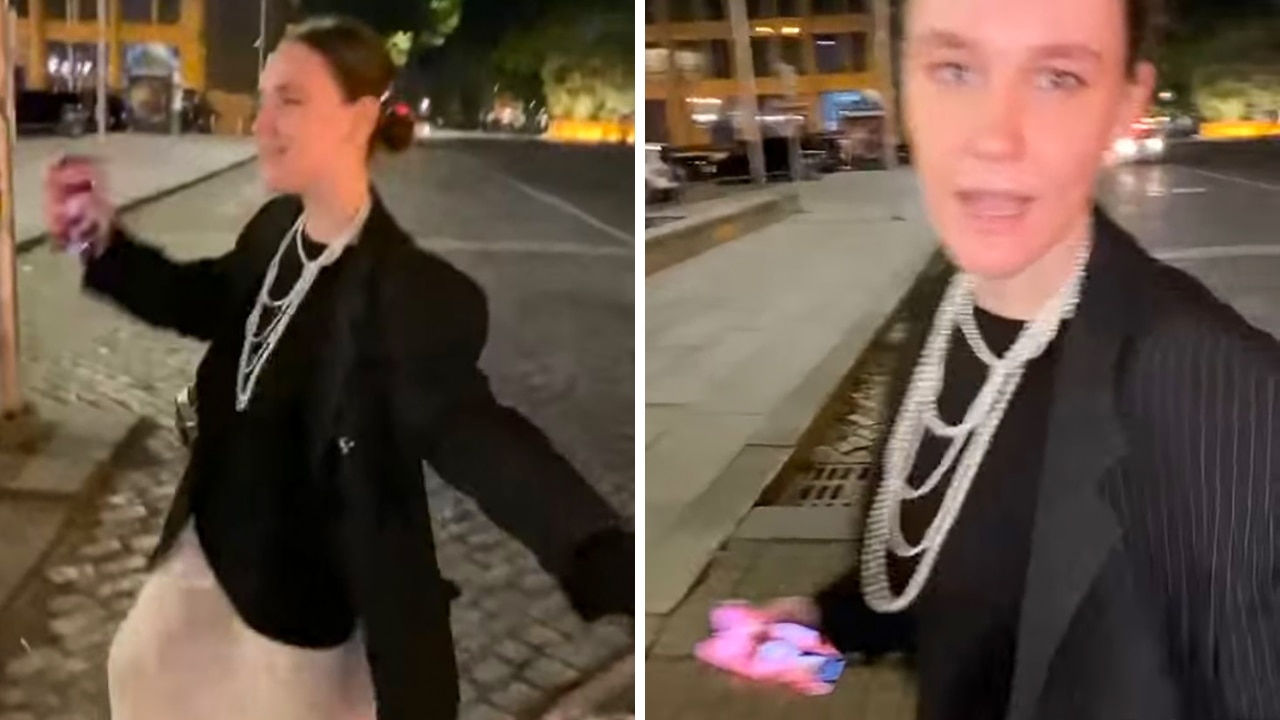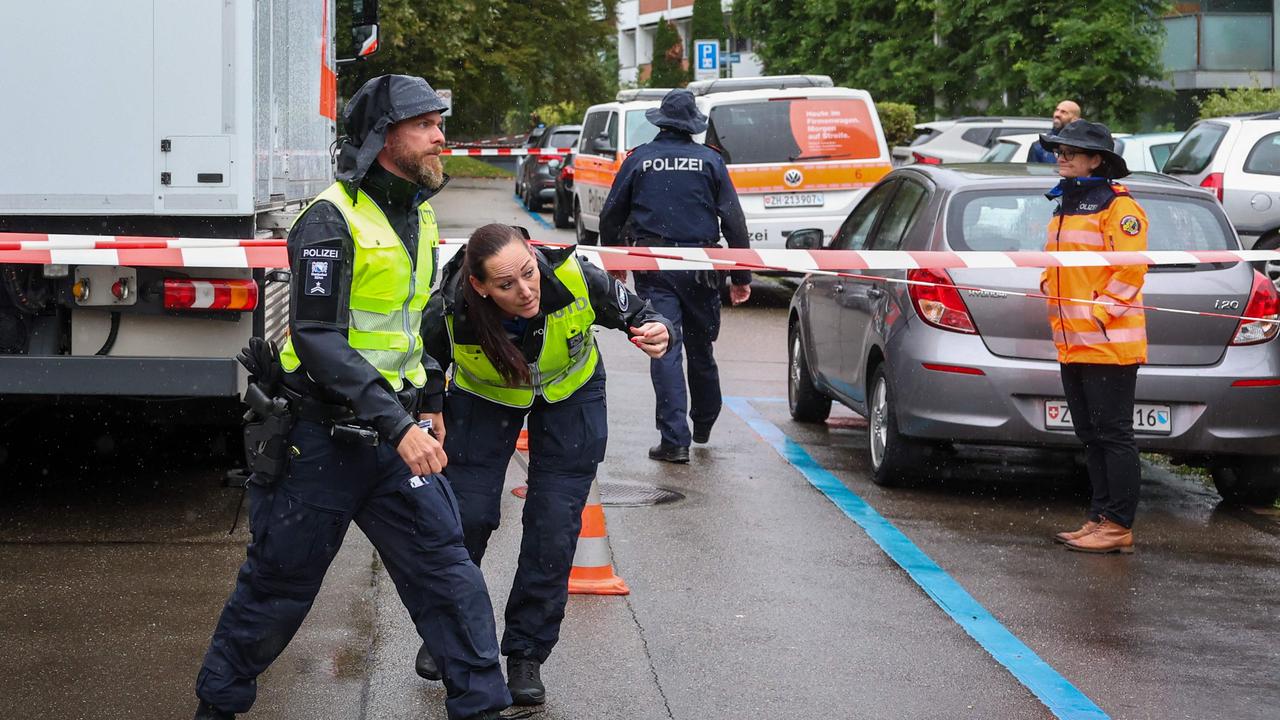‘Remigration’: EU elections show rise of far-right ideology
The future of politics in Europe appears to be geared towards the right as tensions brew over migration policies.
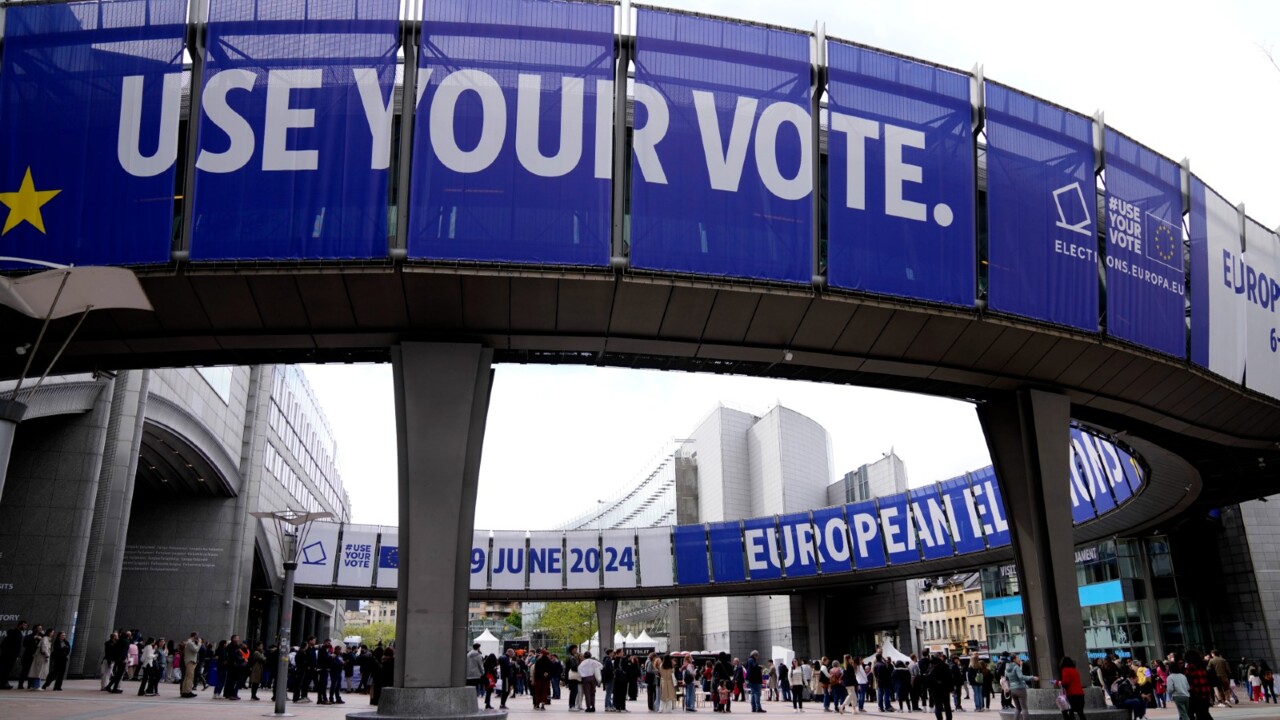
The rise of far-right sentiments across Europe was laid bare at the weekend’s EU elections, after campaigns in which ultra-conservative parties in some nations openly called for forced deportations.
Nationalists in Austria and Germany have discussed their desire for “remigration” – a concept calling for people of non-European backgrounds to be returned to their homelands.
Now the leader of Austria’s far-right Freedom Party, which was founded by former Nazis, has called for the European parliament to appoint a “remigration commissioner”.
“What I have noticed in the last few weeks during the election campaign is that there is above all a need for sensible migration policy, that there is a need for remigration,” secretary-general Christian Hafenecker said on Tuesday.

Remigration is a concept which has gained popularity over the past decade and advocates for the forced or promoted deportation of non-ethnically European immigrants.
Critics of the movement have described it as a “soft type of ethnic cleansing” and say it is based on vague perceptions of a failure of certain ethnic groups to assimilate into society.
It is closely associated with another far-right ideology called ethnopluralism, which argues that different ethnicities should have their own segregated living spaces.
The idea has also gained traction in the Netherlands, where conservative figure Geert Wilders’ popularity has been built on the back of his anti-Islam, anti-migration rhetoric.
Shift to the right
This week’s elections were to decide the makeup of the EU parliament, which has a total of 720 members who help shape new laws across the continent.
There were elections held in the 27 member states at the weekend, with results in powerhouse nations such as France rocking the political foundations.
French President Emmanuel Macron dissolved the National Assembly and called a snap election on Monday, after his centrist party was romped by Marine Le Pen’s nationalists.
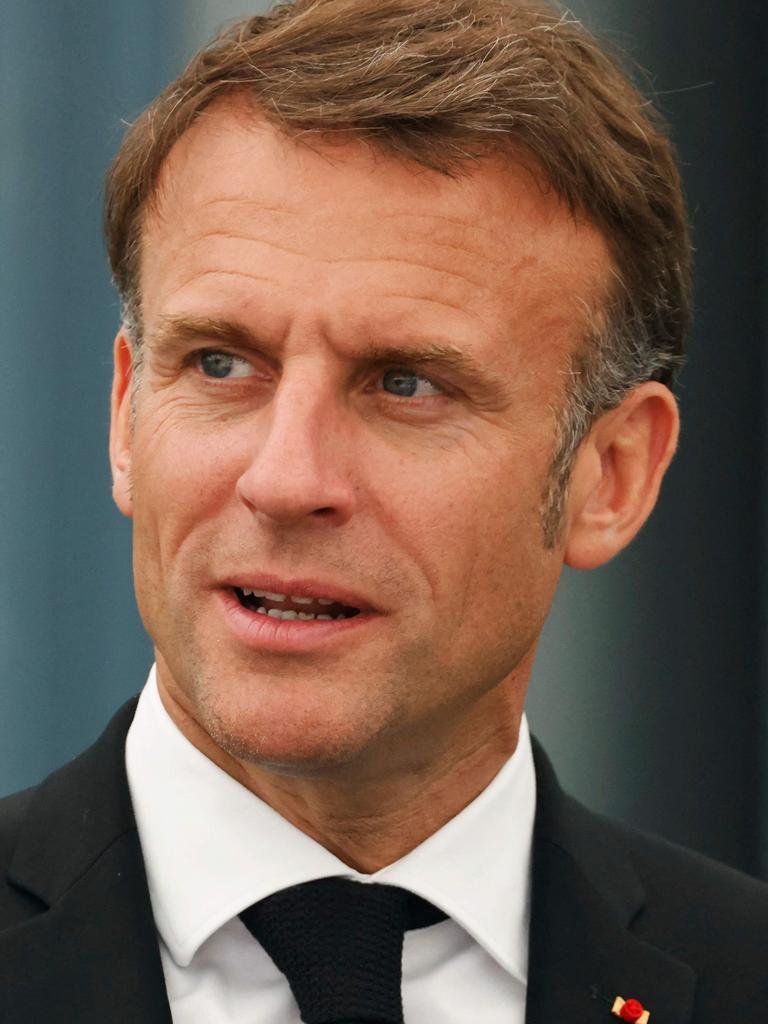

Nowhere was the shift more visible than in Germany, with extreme-right party Alternative für Deutschland (AfD) - or the Alternative for Germany - finishing ahead of Chancellor Olaf Scholz’s Social Democrats.
The AfD has been classified as “extremists” by the nation’s intelligence agency but its popularity has only increased in recent years, particularly among young men.
Scholz in January called out the AfD after senior members allegedly attended a secret meeting with neo-Nazi figures to discuss plans for mass deportations.
Aiman Mazyek, secretary-general of the Central Council of Muslims in Germany told DW this week that the AfD’s rise was “a problem for … democracy as a whole”.
“I think some parts of our democratic parties haven’t understood that yet.”
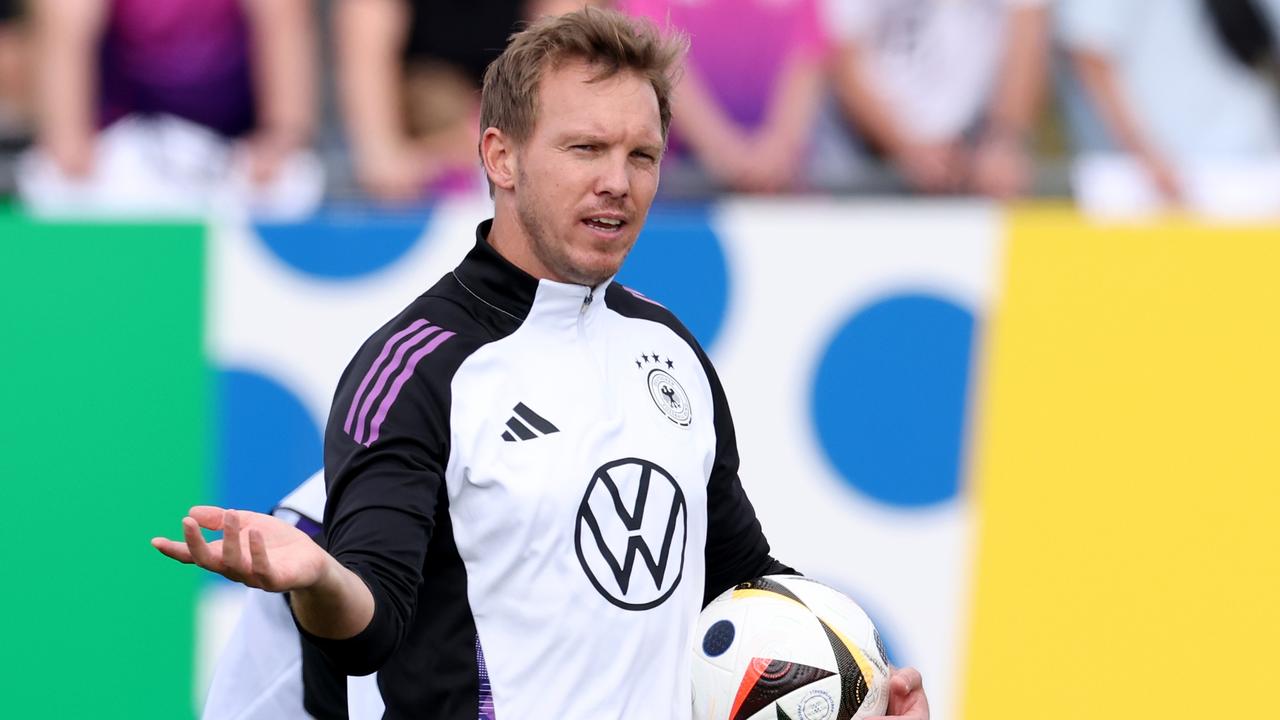
Last week the coach of Germany’s national football team spoke out against a “racist” poll conducted by a public broadcaster.
The poll asked citizens if they wanted to see “more white players” in the squad for the upcoming Euro 2024 tournament being hosted in the country – 21 per cent of respondents agreed with the preposition.
“It is racist. I feel we need to wake up. Many people in Europe had to flee … searching for a safe country,” coach Julian Nagelsmann said.
It came a few weeks after sportswear manufacturer Adidas – which makes the German national side’s kits – was forced to ban fans from ordering shirts customised with the number 44.
The font used for the numbers resembled the symbol used by the infamous SS units of World War II.
Centre clings to power
The European Conservatives Party celebrated its projected 73 seats in the EU parliament, as the far-right Identity and Democracy coalition also won 58 seats.
Nationalist leader of Hungary Viktor Orban said the results meant “Europe’s political landscape has shifted to the right and towards peace”.
Italy’s prime minister Giorgia Meloni shapes as a key force for the far-right with her Brothers of Italy party strengthening its position at the weekend.

However, the mainstream centre-right European People’s Party alliance (186) and progressive parties the Socialists and Democrats (135) and Renew Europe (79) gained the most seats.
EU leader Ursula von der Leyen was confident the “centre is holding” after the election results, with centrist groups winning a slim majority of 400 seats.
Liana Fix, an expert from the Council on Foreign Relations, wrote that although the results had “shaken the continent’s politics” the far-right’s surge was less than centrists had feared.
“The far right is disorganised and internally divided, which dilutes its power,” she said.
“Many of its representatives, including members of the Alternative for Germany (AfD) and Hungarian Prime Minister Viktor Orbán’s Fidesz party, are so far non-affiliated with any of the parliament’s broader political groupings.”
However, she said the big question was if the centrist bloc would need to court the far-right for support, potentially pushing the agenda on policies like migration further to the right.



